We were headed straight into the storm. I pressed my face hard against the plastic window, watching the wing tip lights as they disappeared in the blackness. I put up my tray table and glanced down at my watch. It had been less than two hours since we took off from Bien Hoa, South Vietnam.
The captains told us to fasten our seat belts and said that it might get worse. Pilots never use the word thunderstorm, but between the cabin lights flickering and the bright flashes outside, everyone knew what we were in. Each time the sky lit up, my stomach jumped. I held on to my armrests so tight my fingers turned red. Then the plane bounced hard, and the turbulence intensified. I focused my attention outside and counted the seconds between bounces. Suddenly a bright flash of lightning lit up the wing. I tried to act like I wasn't scared and joked around with the guy in the next seat.
"I don't think this is a good sign."
Forty years ago, I was one of several thousand GIs whose lives had been interrupted during the middle of college and were now returning home from Vietnam, trying to bridge the two-year gap back to normal life and hopefully get back to school. There was an unwritten rule that GIs just out of combat all understood: if you can make it for three months in the real world, you won't re-up and go back. At first you're happy to leave, but then you feel guilty about the guys still there-which may be why most re-enlistments occurred within the first 90 days of discharge.
In month three, after having been told I was too late to enter the fall semester at Chico State in California, I was about to cave in when a friend-a student at the University of Utah-invited me to come visit.
As I traversed the campus, I passed the Administration Building. I circled the quad twice before climbing the stairs to the Office of Admissions. Inside, I painstakingly filled out the application form and handed it to an assistant. As she read it over, she shook her head doubtfully. I told her I had an associate's degree, in case that wasn't clear on the application.
"Maybe you should see Dean Gibbons."
She ushered me into his office and handed him my paperwork. He was scowling and mumbling while he studied my application and then my transcripts. It looked to me like he was mentally adding up my credits-and they weren't adding up to admission. Without looking up, he mentioned, "You know, of course, that classes have already begun. Why are you just now applying'"
I promised myself to call my recruiter as soon as I could get out of his office.
"Honestly, I never planned to come here. I just got back from 'Nam and my hometown college said there was no room for me 'til next year." I offered him a copy of my Army DD-214, my official record of military service and discharge.
He studied it line by line as he asked me what combat was like. His face didn't reveal his thoughts, but his eyes softened as he listened to my account of the beauty of the place and the Vietnamese farmers. Suddenly, I was no longer being scrutinized by a dean, but talking to a real person who was genuinely interested in me.
"I suppose most of the country was destroyed by the bombing'" he asked.
I explained that most of the fighting was taking place in the jungle and hills outside the cities and hamlets. My area of operation had been near Hue, Vietnam's ancient capital. While the city was a mess after TET (Vietnamese New Year), the old imperial palace wasn't touched. In fact, one night just a couple of months ago, I had flown low over it, sitting in the open doorway of the Huey helicopter, my feet hanging out over the city, not wanting the ride to end. I told him that it was the most exciting time of my life and how being in an infantry unit had changed the way I perceived everything. It taught me to think in new ways and to appreciate every moment.
Gibbons smiled and asked me to wait in the reception area while he made a couple of phone calls. I could still hear every word he spoke.
"I know we've already started and I know you have a full class, but he just got back from a war." Suddenly, his voice bellowed like a water buffalo about to charge, "Then, put another chair in the room!"
A few minutes later, Norm Gibbons walked out of his office, handed me my class schedule and shook my hand.
"Welcome to the University of Utah. You'll need to work extra hard to catch up and you'll have a full load, but basically, you're set."
That day changed the direction of my life. Two years later, I rented a cap and gown and received my Bachelor of Science diploma. A year and a half after that, I got my Masters of Science and began my career. In less than 20 minutes, Dean Gibbons gave me a break that freed me to get on with my life. And for that, I can never thank him enough.
Larry Chambers makes his living as a writer. He has published more than 1,000 articles and 49 books, most recently "Surviving the Storm" (McGraw Hill, 2007). His first book, "The First Time Investor-Starting Out Safe & Smart" (1991), became a featured selection in both the "Money" and "Fortune Book" of the Month clubs; "Protect Your 401(k)" was later named by "Barron Magazine" as one of the best investment Books of 2002. His two books about Vietnam, "Recondo-LRRPs in The 101st Airborne" (1992, revised and reissued in 2004), and "Death in the A Shau Valley,"1998) have sold more than 250,000 copies. He wrote the script "Recondo: Deadliest School on Earth," based on his book for a History Channel special in 2001. Chambers served in Vietnam from 1968-69 as an Army Ranger sergeant with Company L, 75th Rangers, 101st Airborne Division, for which he was awarded a Purple Heart, two Bronze Stars (one for valor), two Air Medals with "V" device (combat with an enemy force), the Combat Infantryman's Badge, the Parachutist Badge, the Army Commendation Medal, and the Vietnam Cross of Gallantry.
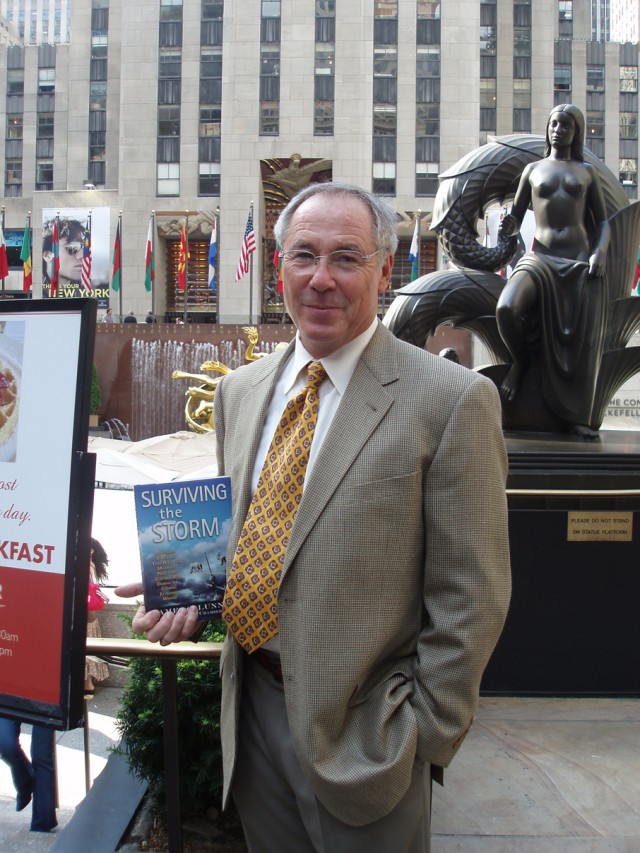
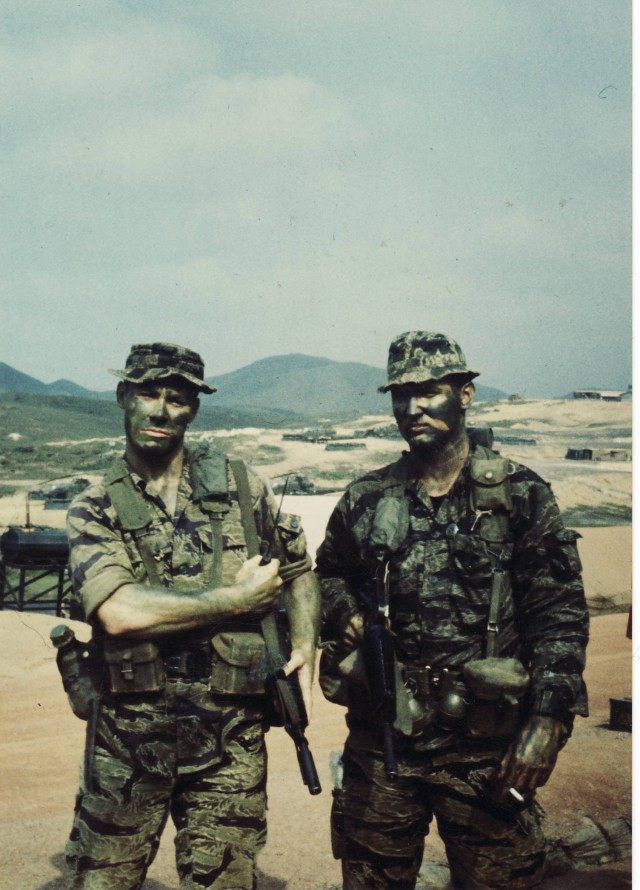

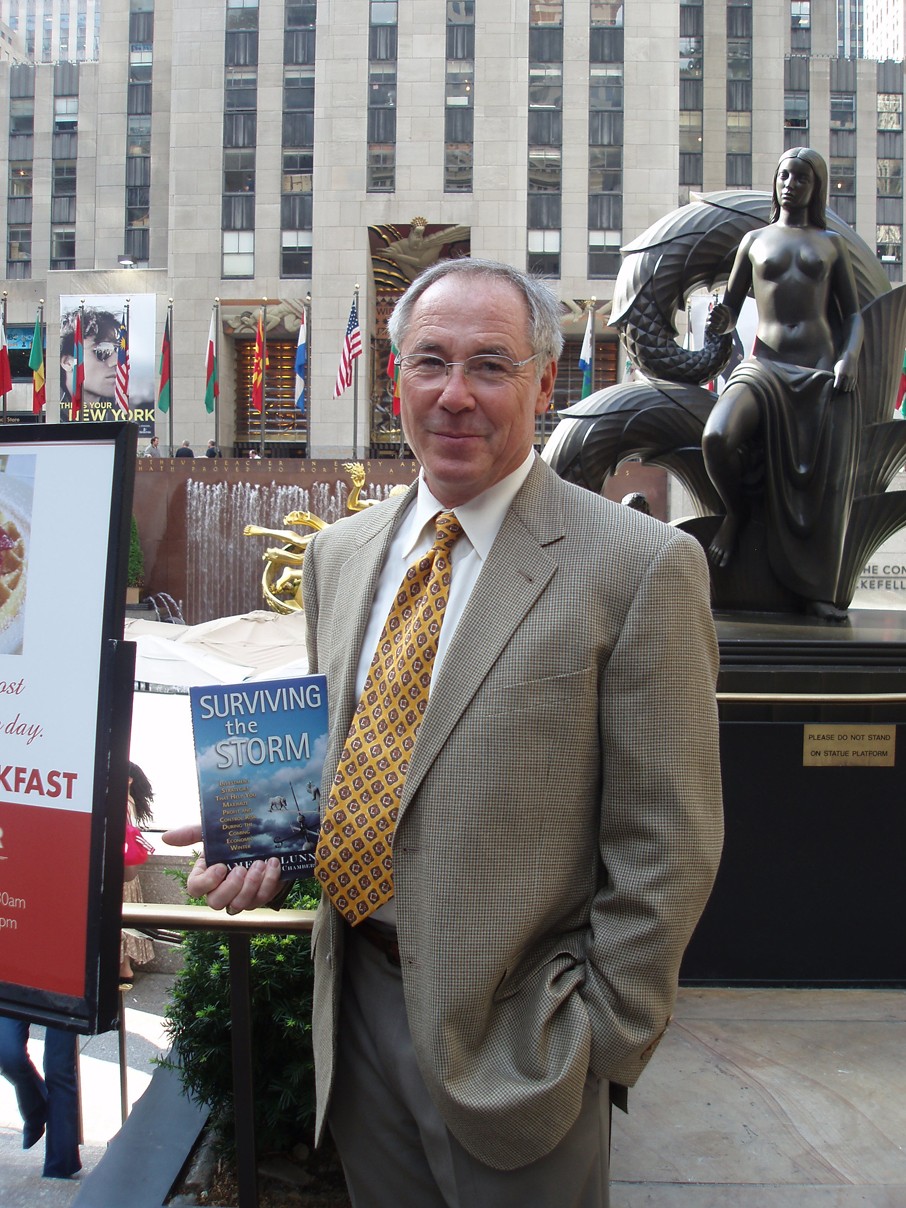
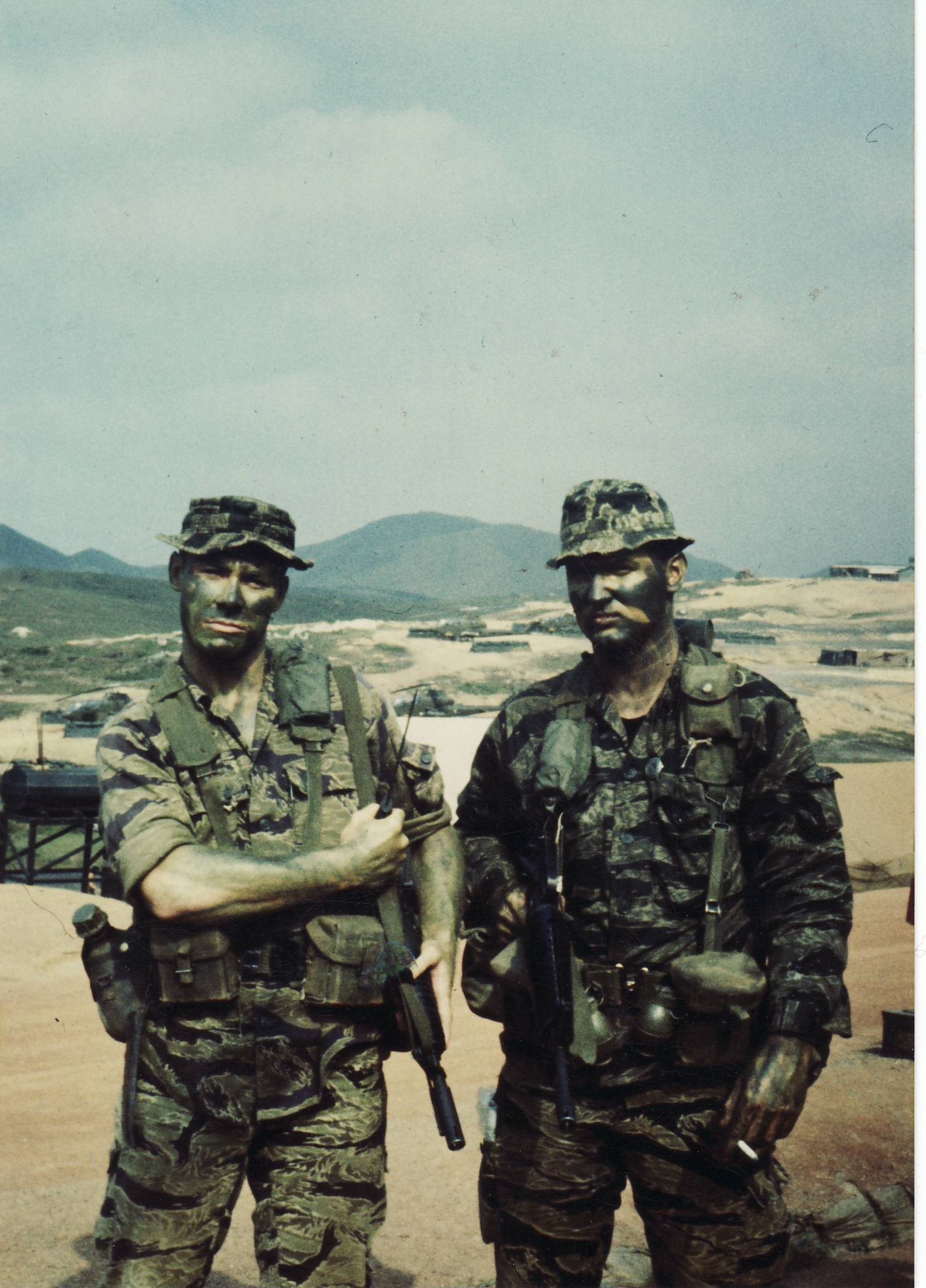
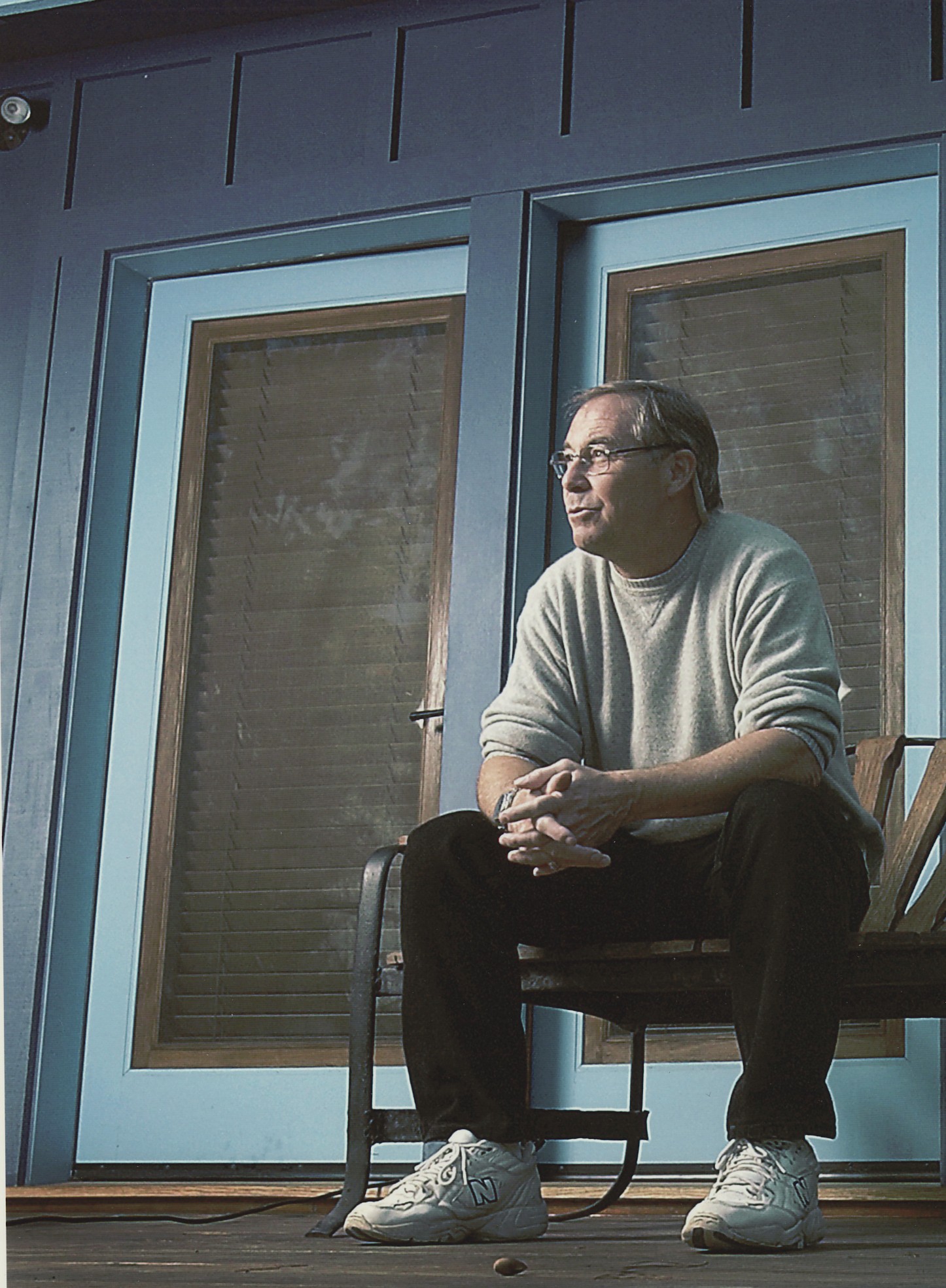
Social Sharing